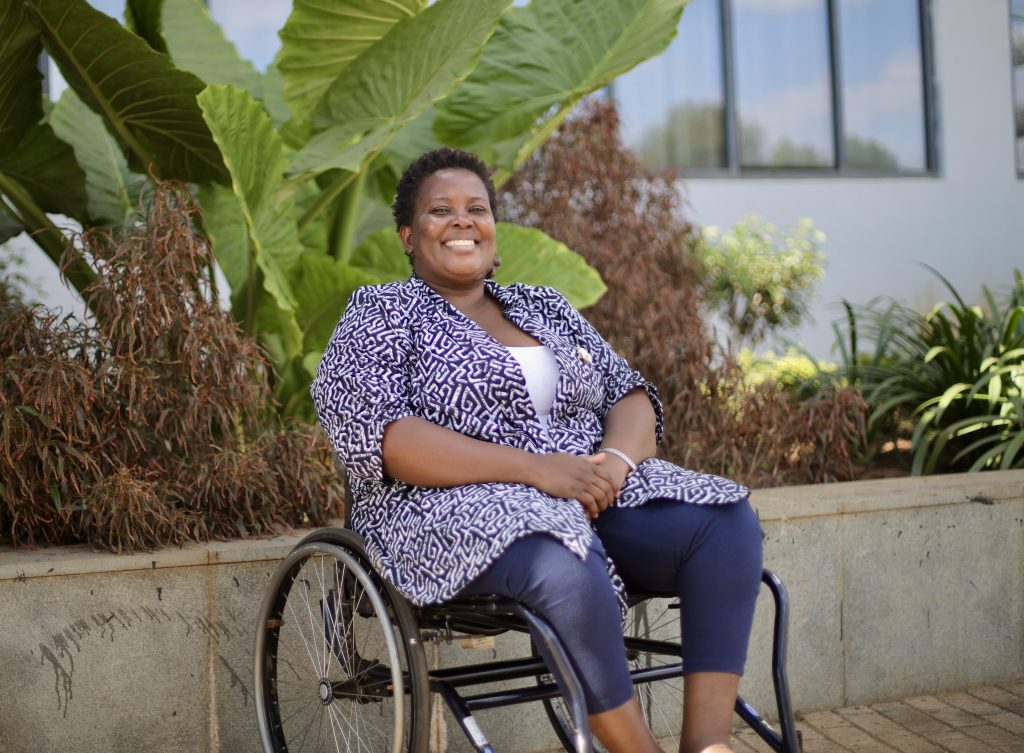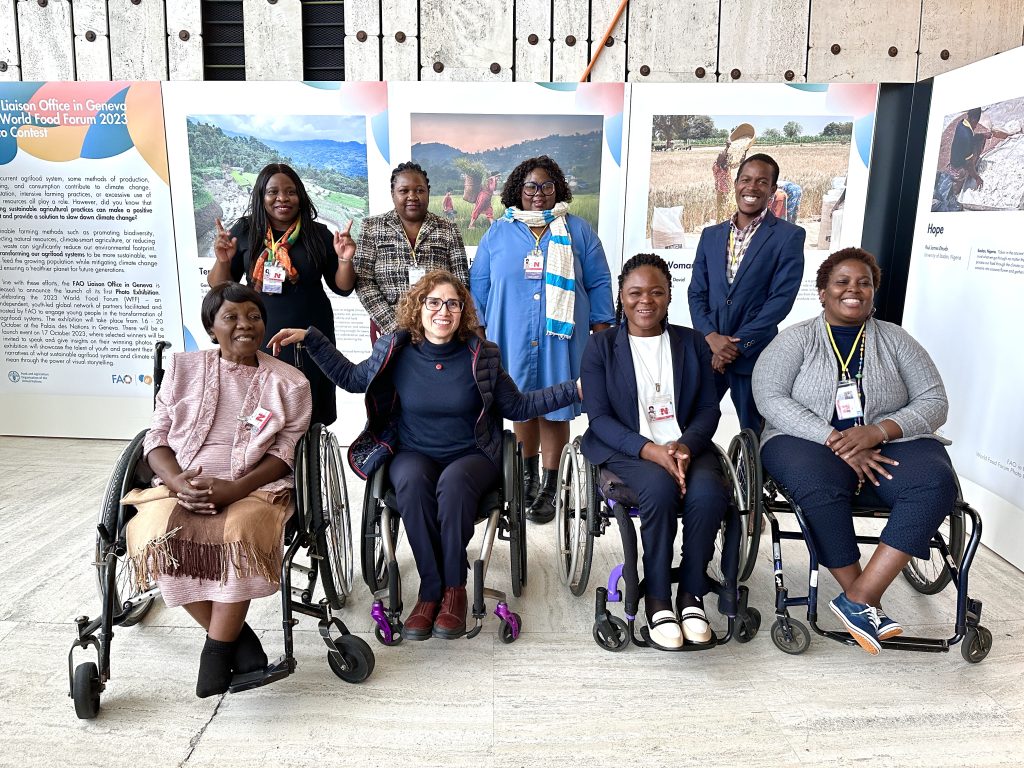My Story: Care, Support, and the Right to Live with Dignity
Blog by Scader Louis, Co-Founder of the Spinal Injuries Association of Malawi

Scader believes that inclusive care and support systems restore choice to participate fully in society. Photo: Rucha Chitnis
Twenty-one years ago, my life changed in a heartbeat. On my way home from school, I was involved in an accident and sustained a spinal cord injury that left me dependent on others for the most basic things: getting out of bed, using the bathroom, even managing my bladder and bowel programs. What was once effortless now required another person’s hands and presence.
For me, recovery was not just physical but rebuilding my confidence, my spirit, and my sense of self. In those moments of despair, care and support became my lifeline. My aunt devoted ten years of her life to me. My younger brothers carried responsibilities children should never have to bear. Their sacrifices helped me find the courage to return to school, to face the world again, and to dream of a future beyond survival.
But their love and support came at a cost. Behind the compassion were silent losses- missed opportunities, income forgone, ambitions shelved. This is the untold side of care: it sustains life but often quietly drains the caregiver’s own. Through my journey, I learned that care is about more than survival. Without it, lives remain trapped in cycles of dependency and exclusion. It is about restoring choice. The choice to pursue education, to work, to lead, and to participate fully in society. People with disabilities are not only receivers of care and support; we also provide it in our families and communities.

Scader and colleagues from Malawi’s disability rights movement with DRF staff in Geneva during Malawi’s review by the Committee on the Elimination of Discrimination against Women. Photo: Victoria Lee
These lessons led me to co-found Spinal Injustires Association of Malawi (SIAM), an organization built on lived experiences.
“At SIAM, we advocate for care and support to be recognized within Malawi’s social protection frameworks not as an afterthought but as essential infrastructure. We push for care work to be acknowledged as real work, deserving of training, fair compensation, and dignity.”
Scader Louis
In 2025, we conducted Malawi’s first-ever caregivers training, which not only equipped families and community caregivers with practical skills but also laid the foundation for the Caregivers Association of Malawi. This Association, now formally linked to the Department of Social Welfare, is a milestone in recognizing caregiving as a vital service to be supported, professionalized, and protected.
Beyond caregiver capacity building, SIAM has championed peer support networks, enabling survivors of spinal cord injuries to share experiences, navigate rehabilitation, and support each other’s psychosocial healing. We have actively engaged in policy advocacy, pushing for inclusive social protection systems where care and support are embedded as pillars of disability rights. From contributing to the development of Malawi’s National Disability Policy and the National Social Protection Implementation Plan, to mobilizing organizations of persons with disabilities around cash transfer programs and disability-sensitive public works through the Inter-OPD taskforce on inclusive social protection. SIAM ensures that the voices of persons with disabilities are central in shaping these frameworks.
Through this work, we have seen that when care and support are resourced, professionalized, and valued, it restores independence and dignity not only for persons with disabilities but also for the caregivers who stand beside them.
The Hidden Cost of Unpaid Care
In Malawi, care and support remain largely invisible in policy discussions, even though they shape the daily lives of persons with disabilities. Families especially women shoulder the unpaid demand. They give up income, education, and health to keep us alive.
I know this too well. There were days I could not do my bladder program because no helper was around. I remember being discharged from a rehabilitation centre, not because I was healed, but because I had no one to stay with me. I cried not from pain, but from the helplessness of seeing my independence depend entirely on someone else’s unpaid, exhausted labor.
This is the hidden cost of disability in Malawi. Gratitude cannot erase it. Care and support must be recognized as a right and a public good.
If Malawi is to achieve the Agenda 2063, and meet obligations under the UNCRPD and the SDGs, then care must be treated as a national priority. That means:
- Funding inclusive care and support services as part of social protection.
- Training and professionalizing care workers.
- Supporting families who provide unpaid care and support.
- Ensuring persons with disabilities shape these systems as equal partners.
I dream of a Malawi where care is no longer a private challenge but a public good. Where no one loses their future to unpaid caregiving, and no one’s independence hangs on exhausted hands. Women with disabilities like me are influencing the agenda of inclusive care and support systems. We cannot be left behind. We must have a seat at the table.